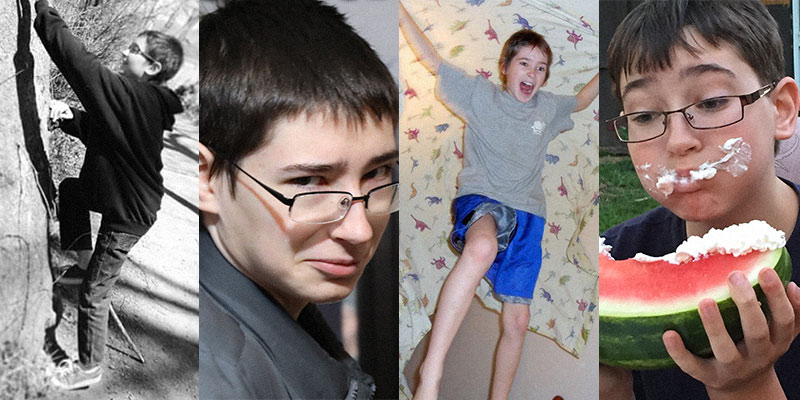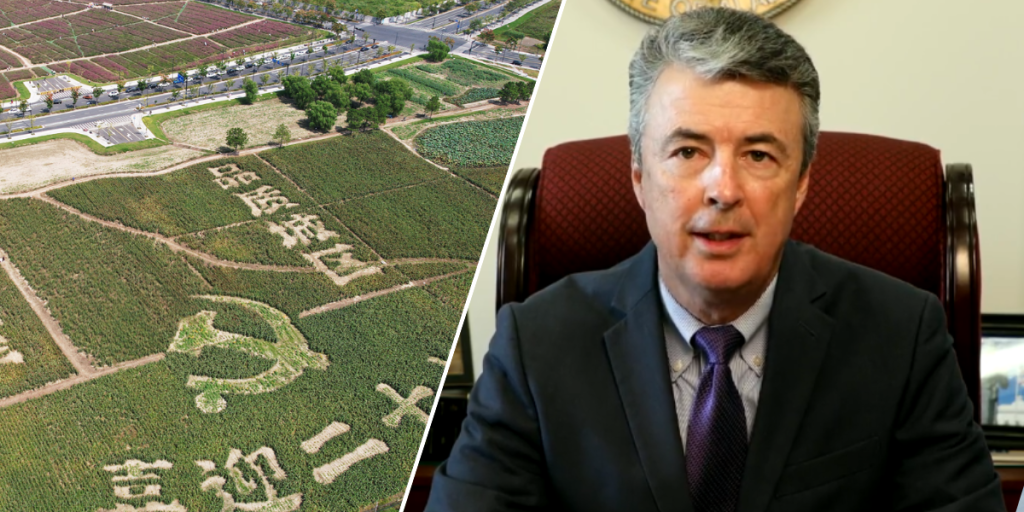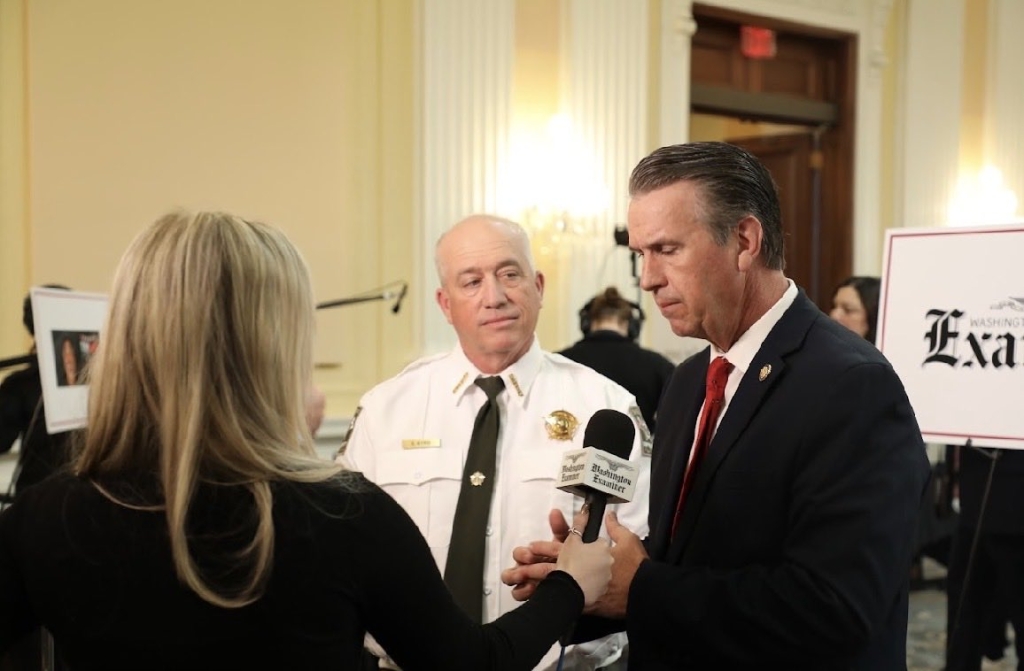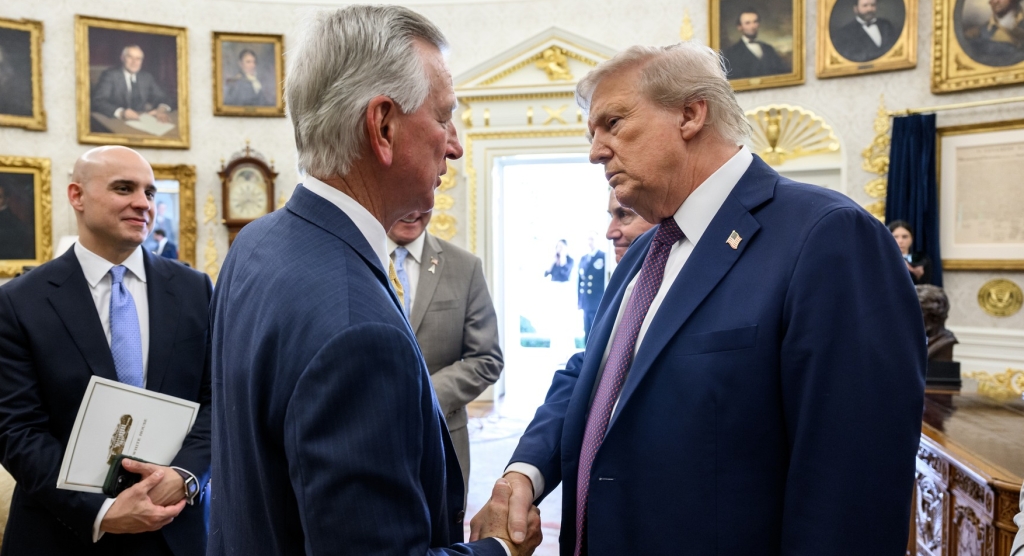On the day my son Jak was born, he cheated death.
I had been diagnosed with placenta previa and a C-section was deemed necessary for survival, both for me and my unborn child. But as the doctor pulled him through the incision at St. Vincent’s Hospital in Birmingham in the early hours of October 2, 2001, he found the umbilical cord tightly wrapped around Jak’s tiny neck several times.
He explained that had Jak been delivered vaginally, he would have been strangled and likely died. The potentially fatal previa had actually saved his life.
I thought I learned that day just how precious and precarious life is. But it was just a taste – the foreshadowing of a lesson no parent should learn.
On September 6, 2017, 27 days before Jak’s 16th birthday, I received a phone call from my husband Tim that changed everything. He had found Jak unresponsive in his bedroom and had performed CPR until professionals arrived, who were preparing to take Jak to the ER.
Already at work, I rushed to my car and drove to the hospital as quickly as I could, arriving to find a team surrounding Jak, working feverishly. I stood beside him stroking his hair, begging the doctors and nurses to keep trying.
I explained how impossible this was – Jak was the healthiest child I knew. He’d never even needed an antibiotic he so rarely got sick. He was brilliant, clever, funny and wonderful.
“Look at his eyes,” I pleaded. Jak had such beautiful hazel green eyes and with long, thick eyelashes. They always sparkled with merriment and irreverence.
Their looks of pity told me what I could not accept – my Jak was gone. There is no describing that feeling – when a parent learns the unthinkable. And after a year, that feeling has not changed. It’s still impossible and unfathomable, leaving me breathless and hollow.
That day, death cheated us.
I wish I could say the rest of that day was a blur. But I remember every second, every painstaking detail. Collapsing to the ER floor and wailing with my daughter, Molly, when she saw my face and learned what I could not speak.
The shock setting in as the doctor explained everything they did to try to save Jak; speaking with a detective, answering questions I found so intrusive, but knew they had to ask; being surrounded by my husband and my two other sons, Alex and Sam, in the hospital hallway as we tried to grasp this horrible reality; returning to a home Jak would never live in again and listening over the phone to a volunteer at the organ donation center kindly leading me to the decision I knew Jak would want; laying down late that night in the middle of our oversized couch with Molly on one end and Tim on the other, so that I could hold Molly’s hands as we tried to find rest.
I didn’t want to sleep or the day to end. As horrible as this day was, it was the last one that Jak was alive. The last 24 hours we shared with him.
Months went by before we learned that cardiac arrhythmia was the official cause of death for a perfectly healthy fifteen-year-old who had never shown any sign of heart disease. There had been no warning and there is still no explanation as to what brought on this sudden attack – no drugs, no toxins, no trauma, no overt genetic markers.
Not having a real reason for Jak’s death doesn’t change that he’s gone. But it makes it even harder to accept.
This will seem an obvious statement, but child loss changes you. Profoundly. I barely know myself these days. Before, I rarely cried and was not particularly emotional and thought sentimentalism was a little silly.
Now, I cry every day. Emotions I so easily dismissed are now always right at the edge, threatening to spill over. And while I’m still not overly sentimental, when it comes to pictures of Jak, every pixel is extraordinarily precious. Hand-written notes are treasures.
Losing Jak has also made me a kinder person. When someone says or does something hurtful to me now, my first reaction is to wonder what they might be going through. My second is to extend them the grace I know I need in my life.
I listen more and say less. When someone is grieving aloud, they mostly need to know someone is listening. Attentive and compassionate presence is more important than any response.
The workaholic has disappeared. Though my employer deserves my time during work hours, my family deserves no less when I get home. This is one thing I desperately wish I’d understood before Jak died.
There is no silver-lining in child loss. If given a choice, I would remain ignorant of these lessons and have my Jak back. I do not have that option, but others have the chance to learn from me. I hope they do.
Shana Teehan is a Senior Advisor/Communications Director for U.S. Representative Kevin Brady (TX-08). She is a former Communications Director for the Alabama Republican Party and former U.S. Senator Luther Strange.













